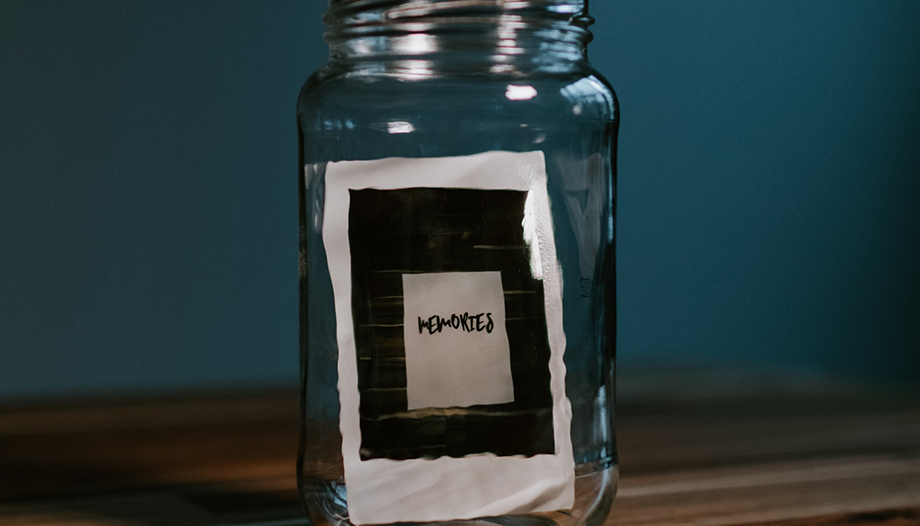In these days in which the pedagogical keys of the LOMLOE have been presented, it is being repeated like a mantra that the Celaá law is revolutionary because it abandons the encyclopedic rote learning of the Wert law in favor of a learning based on competencies that is truly useful for life. Beyond the comparative debate between one law and another, it is worth reflecting on the value of learning content and the use of memory.
For many decades we have been undervaluing the learning of knowledge and the use of memory from different pedagogical points of view. Nowadays, the most commonly heard among young people themselves is that there is no point in learning knowledge when we have all the information we need at the click of a button. Why memorize road routes when we can obtain the location in google maps Why learn a language if there are so many good translation software programs? Why memorize data that I will have constantly updated at my fingertips in Wikipedia?
This technological revolution is causing human beings to have part of their capabilities in external electronic devices that, in reality, are an extension of themselves. A cell phone stores our personal contacts, but it is also the means by which we relate to these people. Personal recognition comes in the form of likes. Our memory has many gigas o terasbut they are outside our brain. And yet they are ours, because there we have our memories, our creations, our training.
We are indeed facing a major anthropological change. This is why the use of memory is one of the aspects of our humanity that is at stake. This is not simply a pedagogical issue. It is an issue that goes beyond the school, that transcends any educational law.
The first thing to keep in mind is how our brain works. Our memory is not a drawer that I keep filling with knowledge, for which I can find an external storage room if I can't fit any more. Our mind works differently. The knowledge that I retain in my memory is more like the ingredients of a dish in a kitchen. I receive them, but then they become the ingredients of a succulent delicacy, something other than the elements themselves. In my interior, on a slow fire, with other previous ingredients, they undergo a process of transformation, of internalization and metabolization that end up transforming myself. The memory, the memory, the resonance of what I learn, is part of that process of human and intellectual maturation that is never done with an external memory in a USB, no matter how many times I learn it. teras I have. It is not merely a question of whether or not we depend on machines that is at stake, but how we configure ourselves.
Memory is essential for the intellectual maturation of the person. And it is so for an entire people who cannot fail to remember all that they have lived if they do not want to cease to be themselves. This has a very special implication in the area of religious teaching in the school and the transmission of the faith in the family and the parish. It is the Shema Israel and the memory of the wonders that God did what keeps the conscience of the chosen people throughout history.
Without memory there is no consciousness of salvation history. Without collective memory there is no authentic people that transcends the present moment and unites with the past and the future. This is precisely the appeal that Pope Francis is making to young people so that they do not grow up without roots. We need memory of history and geography, because we are beings located in space and time, not virtual.
Obviously, it will be necessary to make a correct selection of contents that the students have to learn and, above all, it will be necessary to provide the students with the keys to interpret reality that will allow them to develop in the different circumstances in which they live. But all this should not be done to the detriment of knowledge and memory, but in a mutual synergy that leads to the maturation of the person. Therefore, learning for life, based on key competencies, should not be opposed to the acquisition of knowledge.
We must prevent this spiritual Alzheimer's before the loss of memory itself makes us forget that we need this memory and the contours of our identity are gradually and irremediably blurred.








